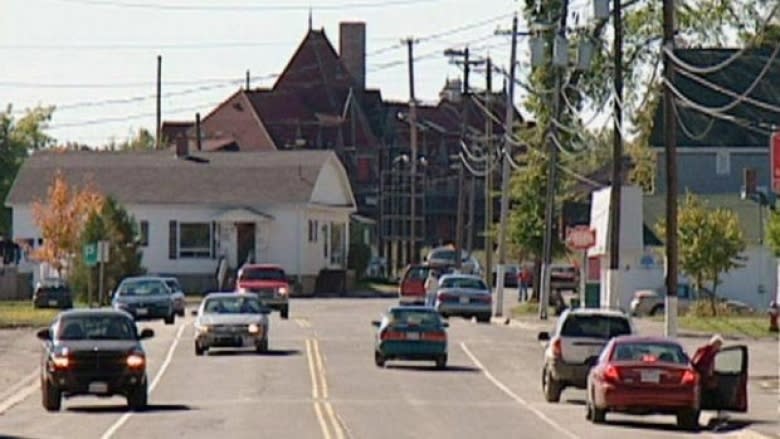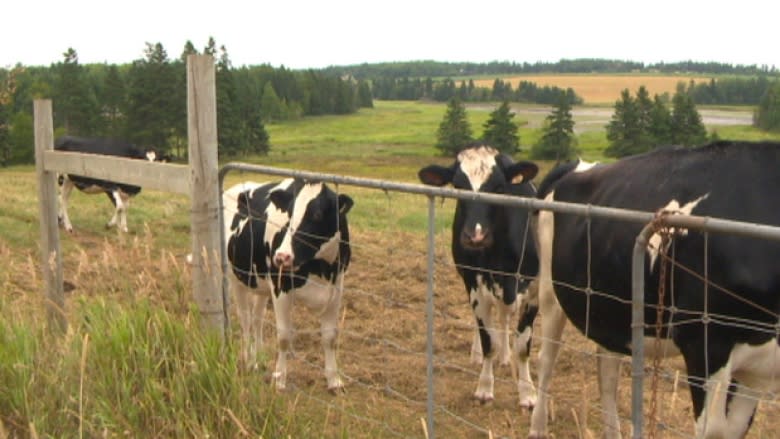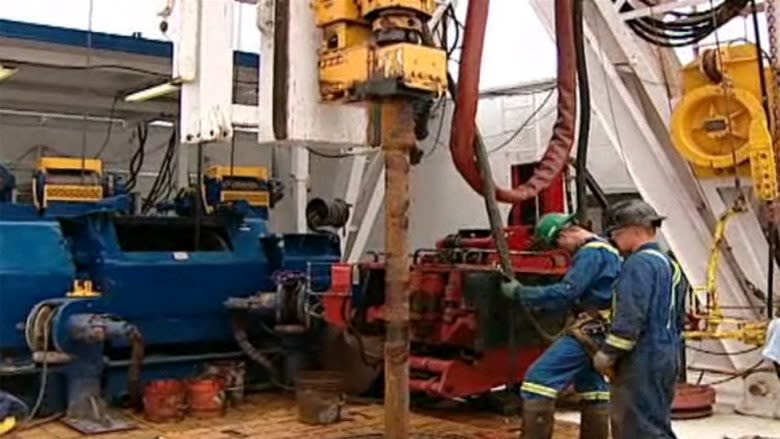Preserving rural communities is a political choice
When I was a child, New Brunswick licence plates touted us as, “the picture province.
But this tagline started to prove too embarrassing to political leaders when under this banner environmental activists started posting pictures of extensive clear cuts and toxic, rural dumps.
In 1972, the short-term solution was to can the slogan; by the late-1990s the political will existed to close rural dumps and create regional waste management facilities.
Closing dumps certainly improved local ecosystem health, reduced groundwater pollution and created more scenic routes for tourists.
The question today is what kind of rural vistas are current social and economic policies creating?
Every policy agenda an elected government pursues leaves its mark on the horizon for present and future generations.
For example, Louis J. Robichaud’s government is well-remembered for the schools, hospitals, roads, hydro-electric dams and other key infrastructure projects they left throughout the province.
Richard Hatfield’s government maintained many of these initiatives and pursued others, such as the commissioning of a three-year agricultural resource study in the mid-1970s to strengthen family farms and farm incomes.
However, the Hatfield government is better known for the failed Bricklin and financially draining nuclear power plant that each subsequent generation must now refurbish, pay for and guard against disaster.
The New Brunswick population accepted Frank McKenna’s pursuit of call centres to solve our economic woes, but drew the line at privatized roads and toll highways.
The impending question as we head to the polls in this election is, do we accept the David Alward government’s position that the only future for New Brunswick and our beleaguered economy is a fracking energyscape?
Industries of the past
Let’s face it: natural resource development and extraction are age-old economic strategies for New Brunswick.
Forestry, fishing, farming and mining are integral parts of our rural economy and have long been touted as the solution to our economic woes. In the boom years these industries have filled our coffers but when the resources run out, or market prices sink, we suffer the fallout of an economic bust.
Besides, jobs in the energy sector are only plentiful when the infrastructure is being built. It takes a significant number of people to construct or refurbish the dams, nuclear power plant, and frigates.
A lot fewer people are directly employed in the day-to-day running of this infrastructure.
And where is the evidence New Brunswickers will be qualified to fill them? How do we know the best paying, most highly-skilled jobs related to running the fracking wells will not be filled by out-of-province, temporary, migrant workers? Where is the evidence this economic policy agenda will pan out better than any of the others?
What we do know though is that energy booms, and for that matter natural resource booms of any kind, do not last forever.
When the resources run dry — and they always do — it is the locals who are left to live with the aftermath.
Not only do they witness the slow, but steady, consumption of their cultural and ecological heritage in favour of an industrial landscape, they and the province are left with an extensive amount of industrial waste.
The estimated lifespan of a fracking well is three years. Imagine the rural landscape, the rural vistas, if 50 to 100 wells are built per year, and regularly abandoned, over a 10-year period.
In fact, there is no guarantee that a well will deliver a profit. If it is dry we immediately get a rusting asset, in the long run every well that is constructed turns into a rusting asset.
Think twice about 'desperate measures'
For those who live within their shadow, the blight on the visible landscape is secondary to the polluted groundwater and chemical soup left in their soils.
Yes, individual families and the province are facing financial crisis. Yes, both individually and collectively we are accumulating debt at an accelerated rate.
But we should think twice about desperate measures, such as promoting shale gas development and effectively privatizing Crown land as the solution to our economic woes.
During its mandate, this government was not able to deliver jobs or a balanced budget any more than the last governments.
While we do need to stimulate growth and create jobs, it is hard to believe that this scheme will put New Brunswick on Easy Street. We should be very cautious about robbing the future to pay for the past.
We are constantly being told, ‘There is no alternative’ but there are. We need to have the political will and imagination to build a more sustainable economy.
We should keep investing in energy efficient housing programs. We should support the rebuilding of vital infrastructure that will enable a local food economy to prosper.
We should be promoting small-scale projects that deliver both jobs and a more palatable econoscape than megaprojects.
We need to recognize we live on a finite planet. We cannot continue to consume energy and products at the rate we are, indefinitely. We cannot expect everything we need to miraculously appear on our store shelves from overseas.
We should be identifying what we need for our personal and community needs to be met now and in the future and then figure out the training and skills needed to meet those needs locally.
Our resources should be used to meet local needs not corporate profits. If our resources are valuable today, they should be even more valuable tomorrow.
Let’s use our natural resource base to create prosperous rural communities local populations and visitors will want to visit, stay in, and take pictures of for their scrapbooks and social media sites.
Let us not let our futures be fracked and find ourselves once again looking for the next supposed panacea. Let’s have the foresight to build renewable industries and stable, rather than precarious, jobs.
That is the future vista I am keen for my children to inherit.




